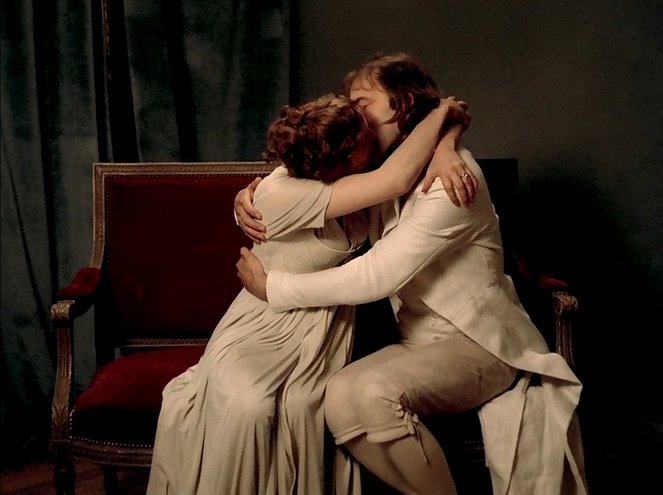Realização:
Eric RohmerArgumento:
Eric RohmerCâmara:
Néstor AlmendrosElenco:
Edith Clever, Bruno Ganz, Otto Sander, Eduard Linkers, Ruth Drexel, Eric Rohmer, Volker Prechtel, Peter Lühr, Edda Seippel, Bernhard FreyConteúdos(1)
Divagação sobre a dialéctica entre a moral social e a moral subjectiva, A Marquesa d’O adapta a obra homónima de Heinrich von Kleist. Em 1799, durante a invasão russa da Lombardia, uma jovem viúva aristocrata está prestes a ser violada, quando o Conde F. sai em sua defesa. Uns meses depois, a jovem descobre que está grávida. E decide procurar o pai desse filho por nascer… (Leopardo Filmes)
(mais)Críticas (1)
Rohmer's next film after this one was Perceval, and this film is very similar to it in some aspects, such as in the emphasis on the visual reconstruction of characteristics and environments from which the relevant themes originate. The Marquise of O faithfully captures the Empire's aesthetics, language, customs, and behavior of the characters. However, unlike Perceval, Rohmer adds something of his own here - I really doubt (although I have not read the original) that the short story from 1808 could be so ambiguous and self-ironic. We may or may not believe each individual character (especially the Marquise herself), but the plot leaves the explanation open as to who is the mysterious father of the child - the Count's "confession" could be just another strategy to achieve his goals, etc. Furthermore, as a Catholic, Rohmer plays with the mystery of the Marquise's conception in the story, resembling the parable of the Virgin Mary and the disbelief of the "unbelieving" surroundings. The intertitles, serving as excerpts from Heinrich von Kleist's work, sometimes replace a time-lapse, other times replace an important part of the story or are used in the closing credits to lighten the otherwise serious-looking film. In short, despite appearances, this film is different than it seems at first glance.
()
Galeria (9)
Photo © Leopardo Filmes

